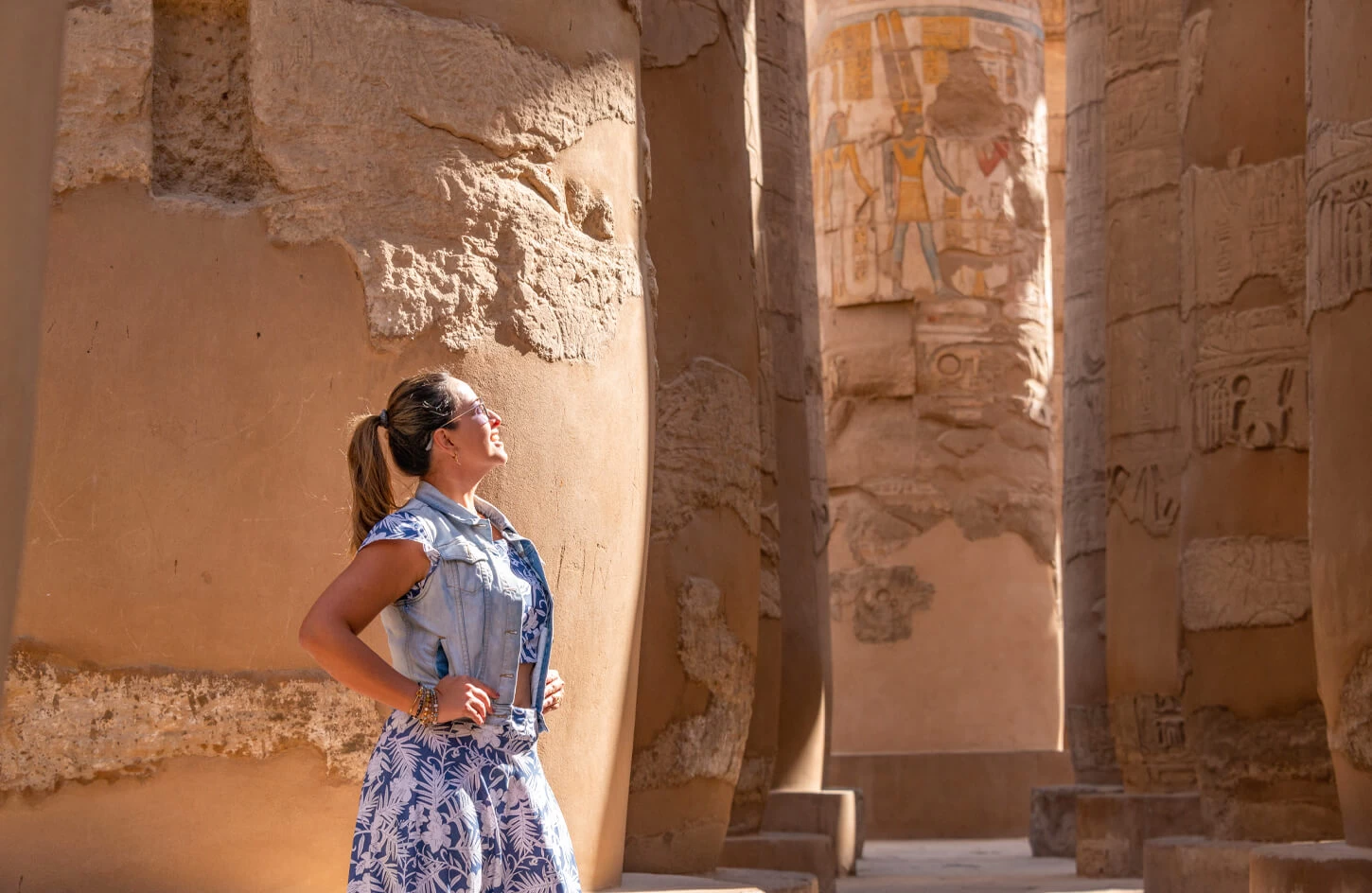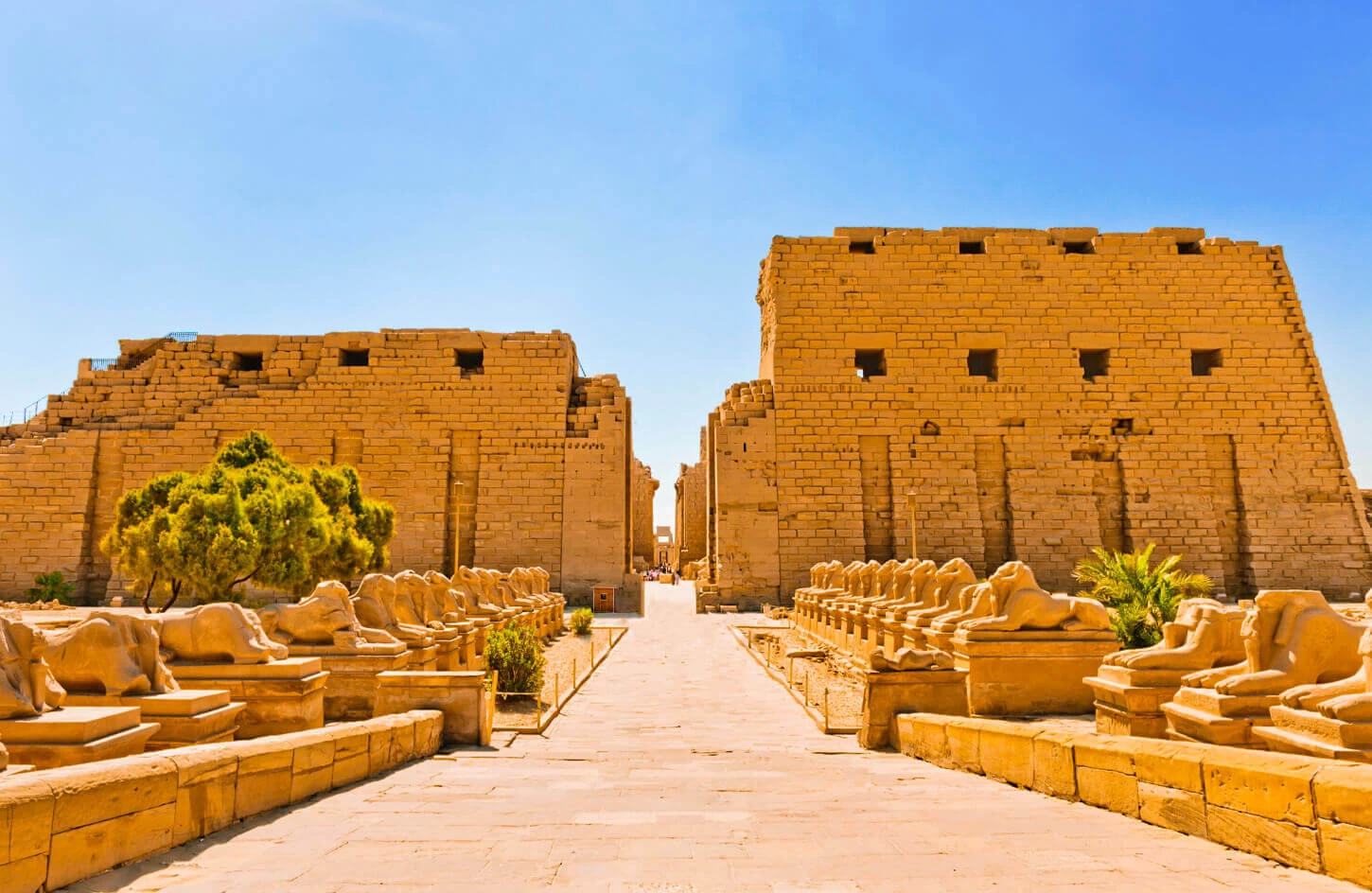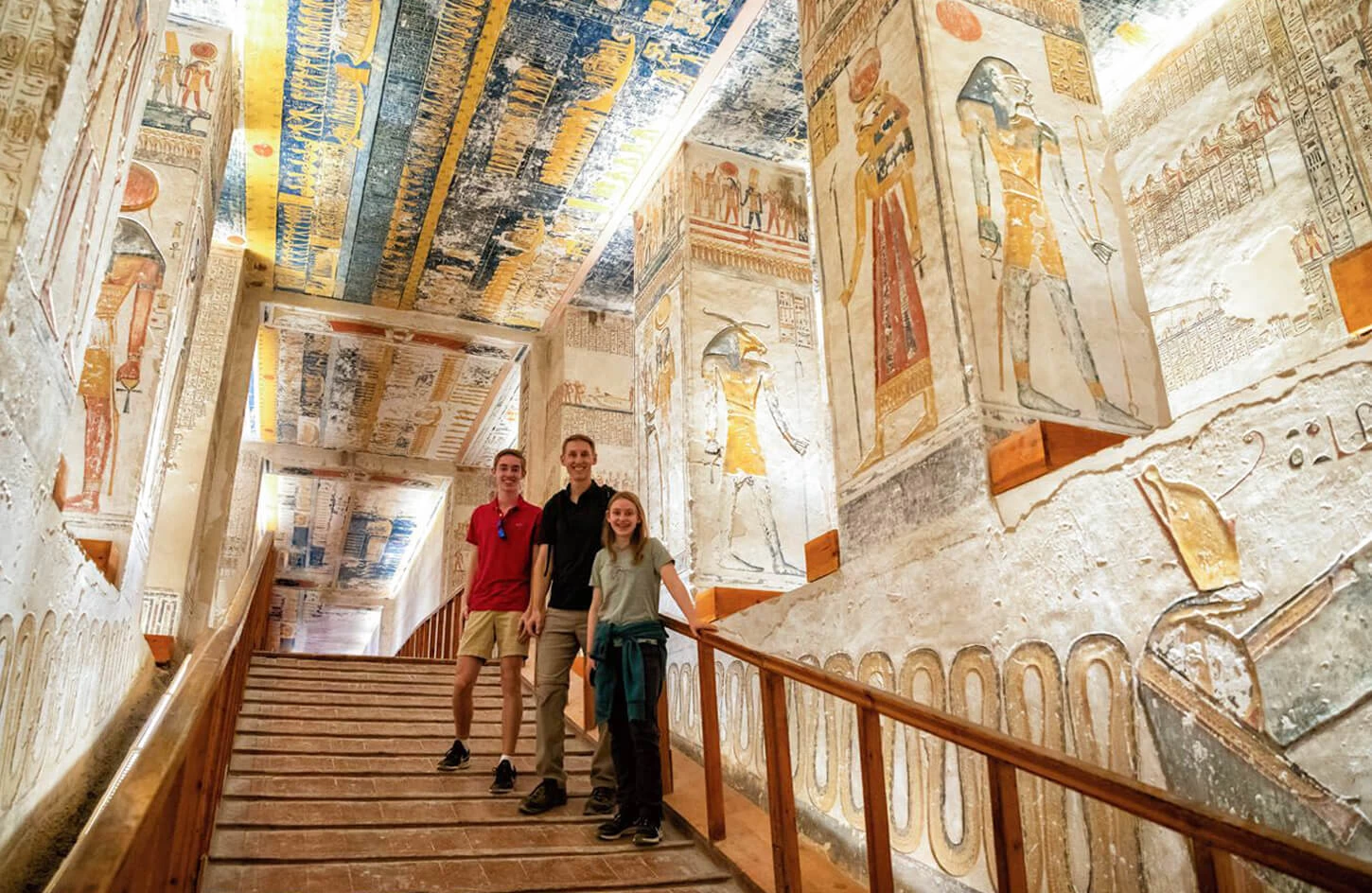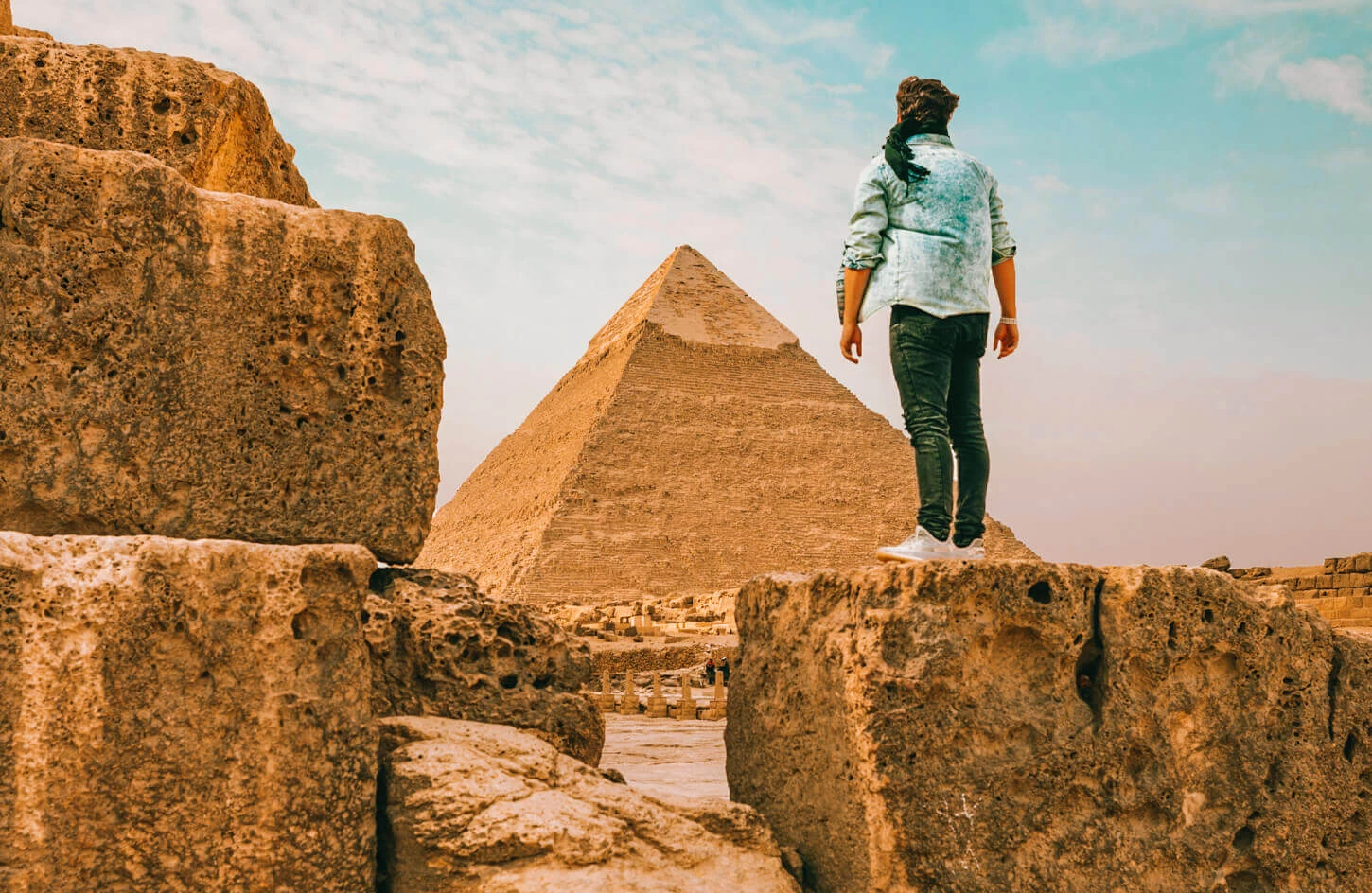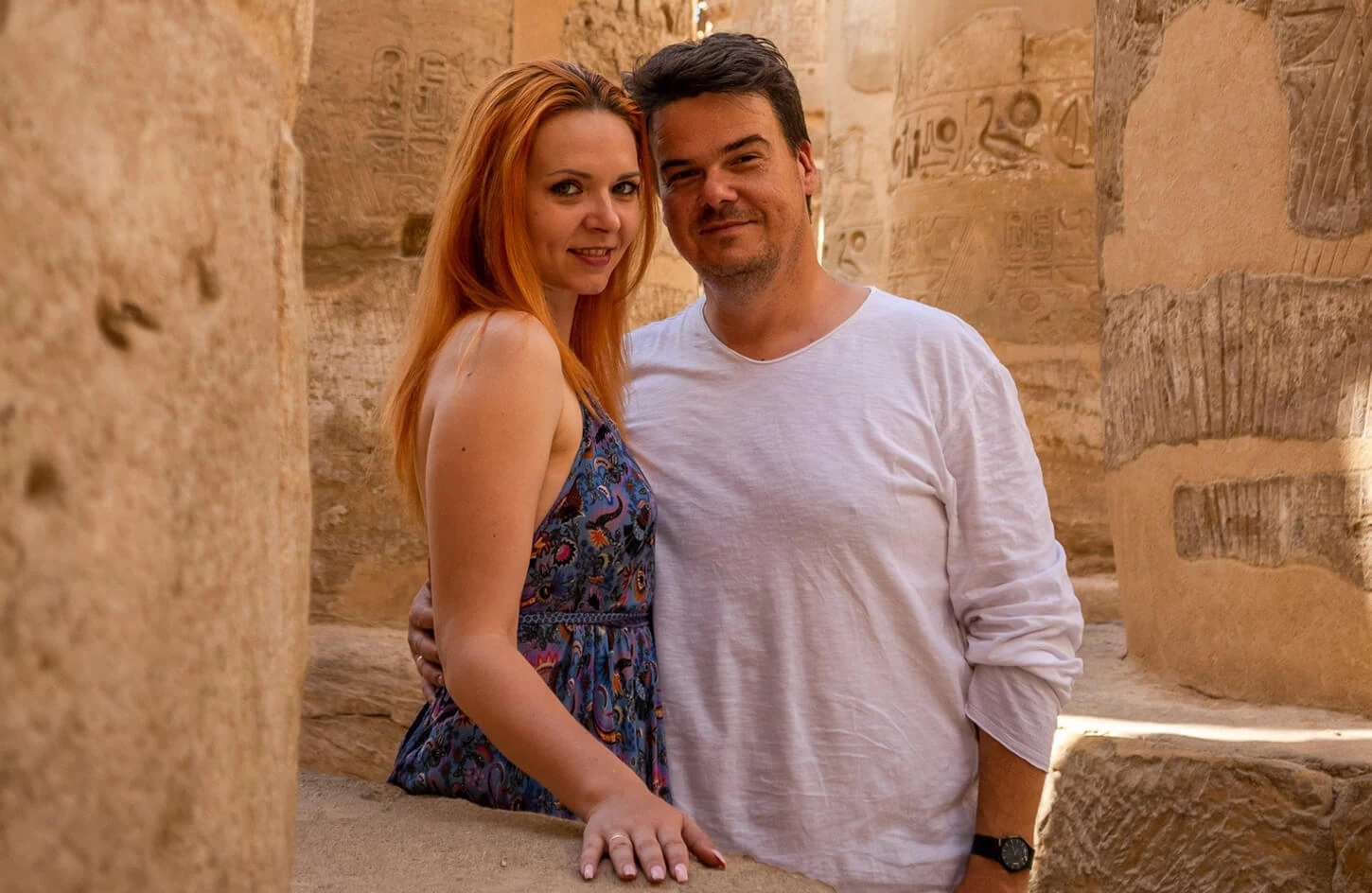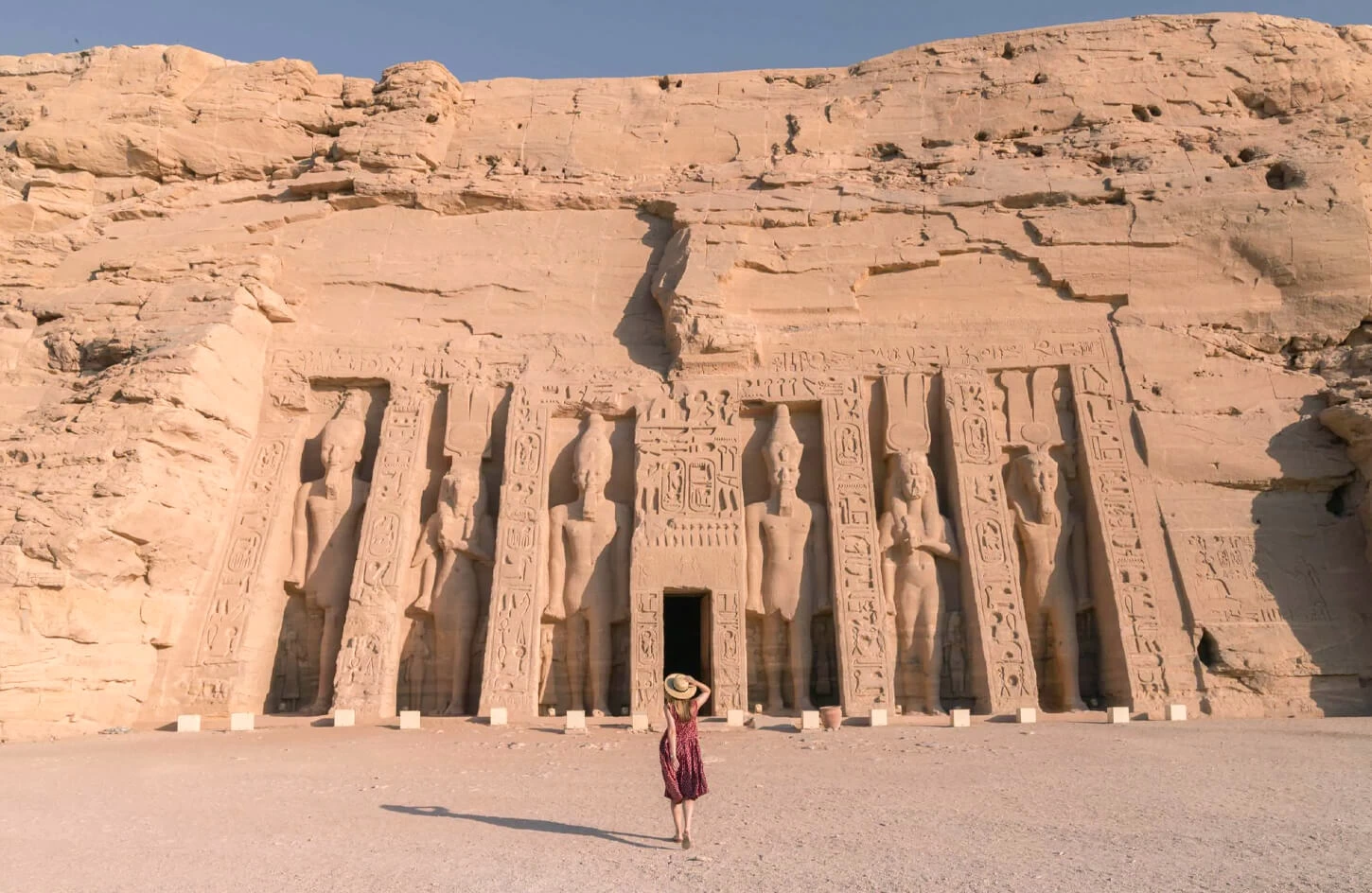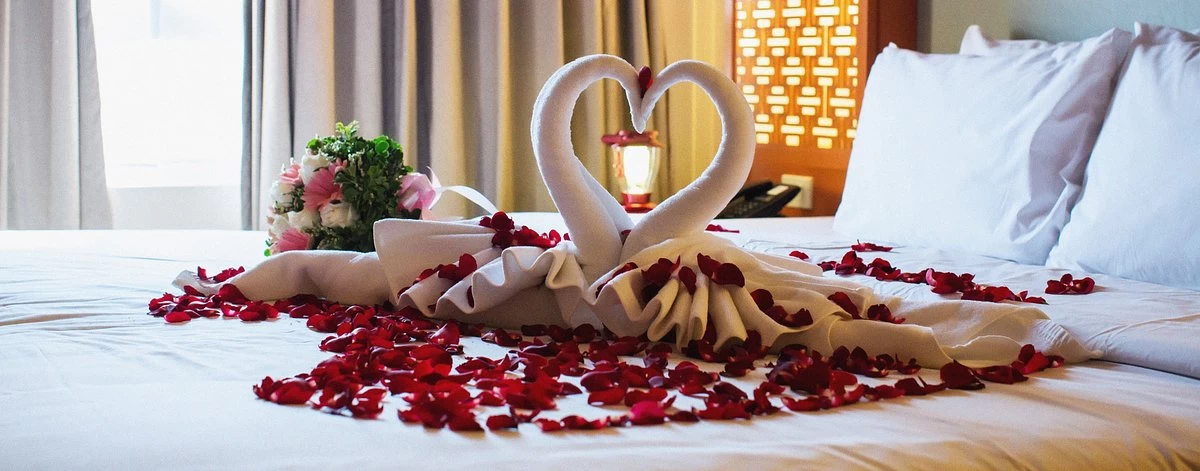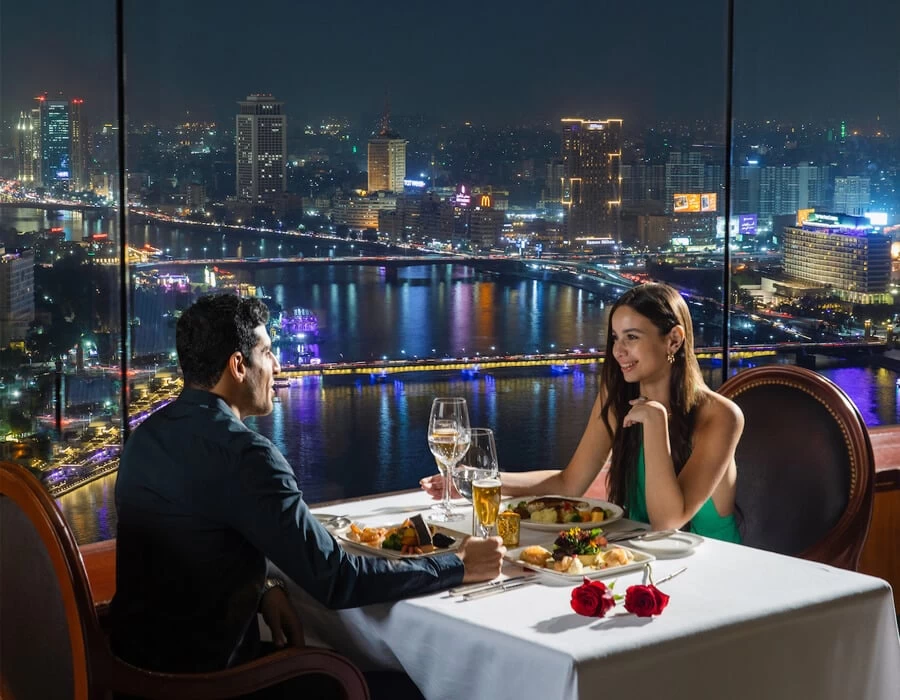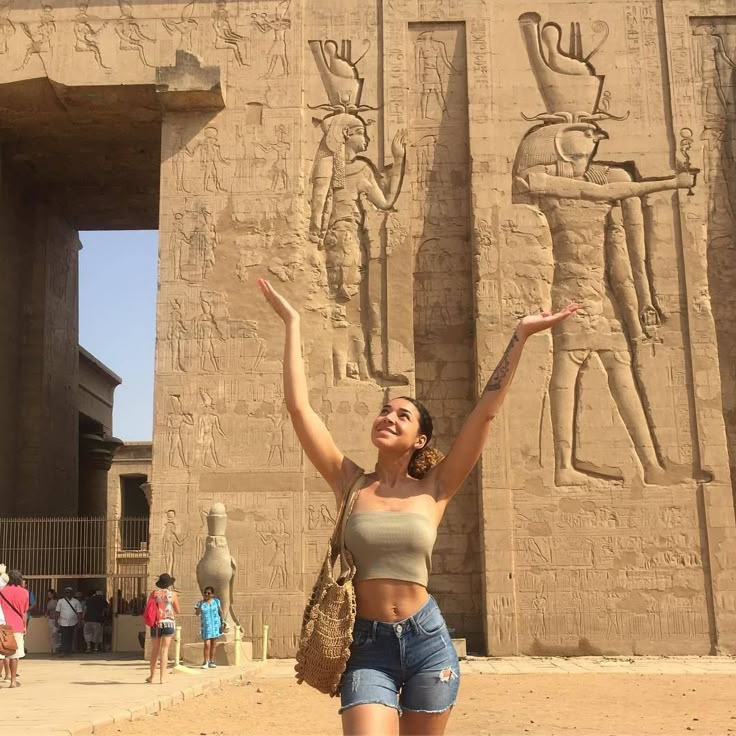Luxor Souk
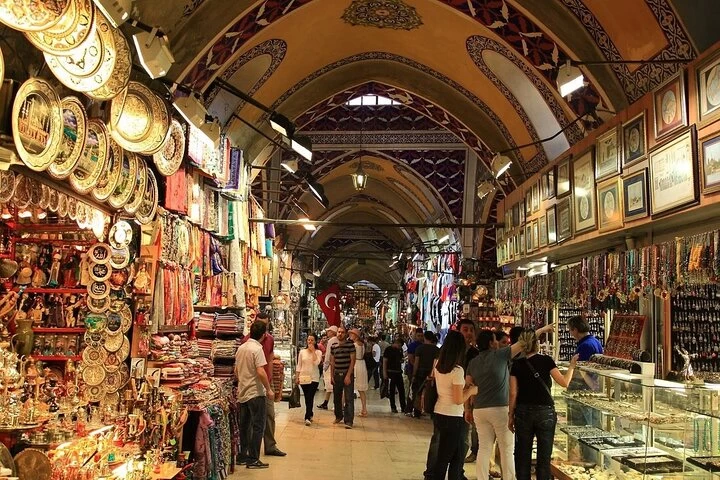
Luxor Souk is basically one of the most iconic areas in the whole city of Luxor. The souk is situated near the Luxor Temple and is a relatively old-fashioned area for tourists and residents alike. The souk presents shopping experiences that are different with an ambiance that is sufficient, rich cultural heritage, and a variety of handmade and local goods. Let’s explore what makes Luxor Souk a must-visit destination for Luxor market shopping.
Location and Accessibility of the Market
Luxor souk is at the heart of Luxor, behind the Luxor Temple, accessible from just about any hotel or tourist attraction in the city. The market is just a short walk/taxi ride from either of the nearby hotels or major landmarks.
How to Go There: Visitors can take a taxi or horse-drawn carriage (calèche) from most popular tourist spots in Luxor, including Luxor Temple and Karnak Temple. Otherwise, it's a nice 10-minute walk from Luxor Temple.
Best Time To Visit: The early morning is best to experience Luxor Souk when there are not many people. For a noisier experience, evening or late afternoon when the market lit by streetlights.
It's divided into three main sections; each has its own experience for visitors:
- Section 1—This is the section where visitors are free to look for souvenirs and gifts for tourists.
- Section 2: The most genuine market in which a local buys his/her daily consumables.
- Section 3—This runs up to the Karnak Temple, thus introducing an element of history to the shopping experience.
What to Buy at Luxor Souk?
The products displayed in the displays of Luxor Souk spell the history of Egyptian culture and development. Tourists can see a comprehensive range from traditional garments to handiworks: perfect items for taking as a souvenir or a gift, especially for those on an Egypt tour.
Traditional Clothing: One can find anything typical of Egyptian heritage, from galabiyas to cotton artifacts.
Handmade Items: Pottery, carpets, leather goods, antiques, and many other crafts are all manufactured locally.
Local Spices/Herbs: The souk is renowned for the abundance of local spices and herbs for use in traditional Egyptian food.
Local Foods: Those who wish to taste fresh local flavors will find an abundance of fresh fruits, salted fish, and other Egyptian delicacies.
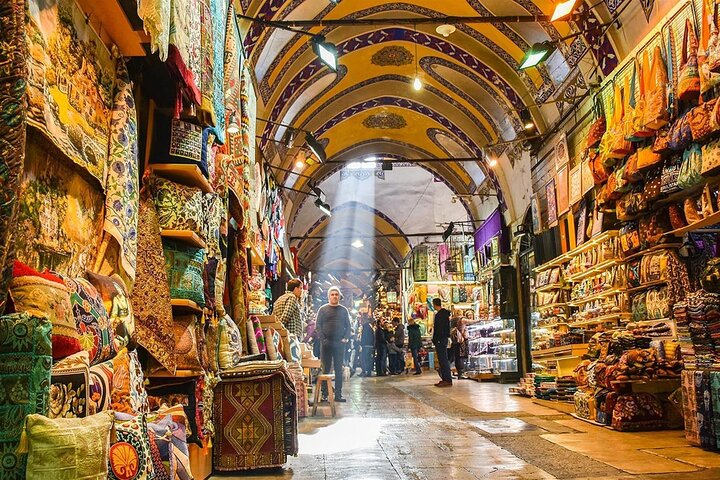
Cultural Experience in the Market
Luxor Souk is a shopping area, but it is more than merely that: it is an entire experience. It allows interaction with the local artisans, viewers of craft production, and was built around a market atmosphere that goes back centuries. Street music and culture add more flavor to the experience.
Shopping Tips for Luxor Souk
To get the best out of your shopping experience at Luxor Souk, here are some tips to keep in mind:
Bargaining: Bargaining is an essential part of the shopping culture here. From experience, it takes a lot of patience in order to find the best prices.
Respect the Culture: Being mindful of local customs and traditions will definitely create a better atmosphere when talking with vendors.
Take Your Time: There is lots to discover in this market. Meander down the narrow alleys and take time to interact with the locals.
The Market at Night: A Different Charm
With sunset, there is a great change and new life in Luxor Souk. The market comes alive under lights, and a magical experience envelops one. Perfectly timed for one to stroll leisurely among the crowd of the market alive with energy, it offers yet another perspective on local culture after dark.
Culinary Experience at the Market
Food is definitely one of the highlights of Luxor Souk. Whether you're talking about traditional foods such as "ful" and "taameya," or sweet delights like "basbousa" and "kunafa," this is a good market to sample authentic Egyptian food. You wouldn't want to miss tasting local flavors while shopping.
Prices You Can Expect at Luxor Souk
When shopping at Luxor Souk, the prices can vary depending on the type of goods and the vendor. Here’s a rough idea of what you might expect:
- In terms of examples for Souvenirs and Gifts, small items such as key holders, magnets, and small trinkets can cost as little as 20-30 EGP, and the more elegant works such as handmade jewelry or pottery cost around 100-300 EGP.
- As for Traditional Clothing, Galabiyas and other traditional clothing can cost anywhere from 100-500 EGP, depending on the nature of the fabric and type of craftsmanship.
- Handmade Crafts: Those that might include carpets and leather and pottery may cost anywhere from 150-500 EGP, or even higher; that is especially the price range for good-quality handwork.
- Local Spices and Herbs: A bunch of either fresh spices or dried herbs can cost you about 10-30 EGP.
After all, it is always a good idea to haggle somewhat as bargaining is quite natural in Luxor Souk and one can often get a better Price.
Luxor Souk is really not just a market; it is a cultural treasure that gives tourists an opportunity to immerse themselves in Egyptian ways while having a unique shopping experience. With its wealth of choices, colorful atmosphere, and local character, it is a must-see for anyone visiting Luxor.
